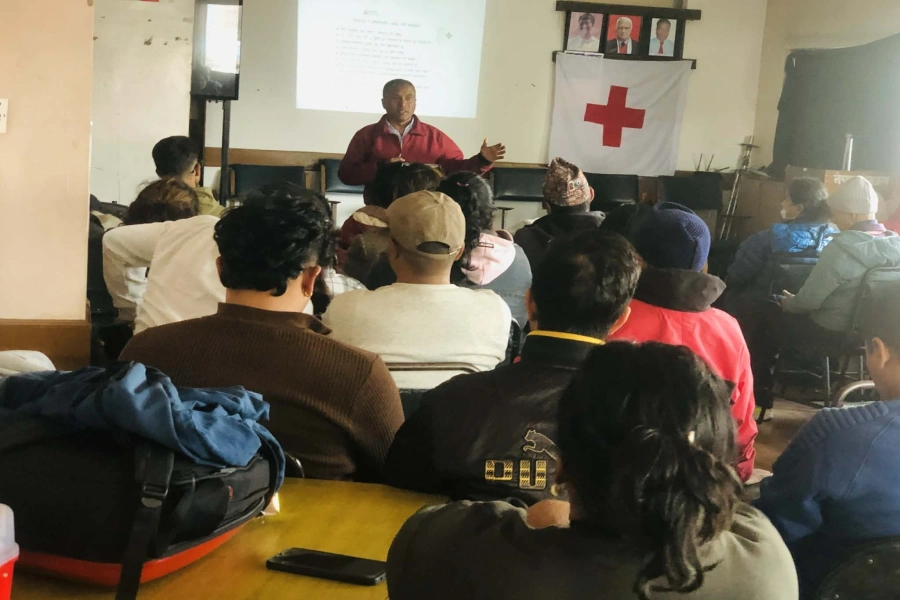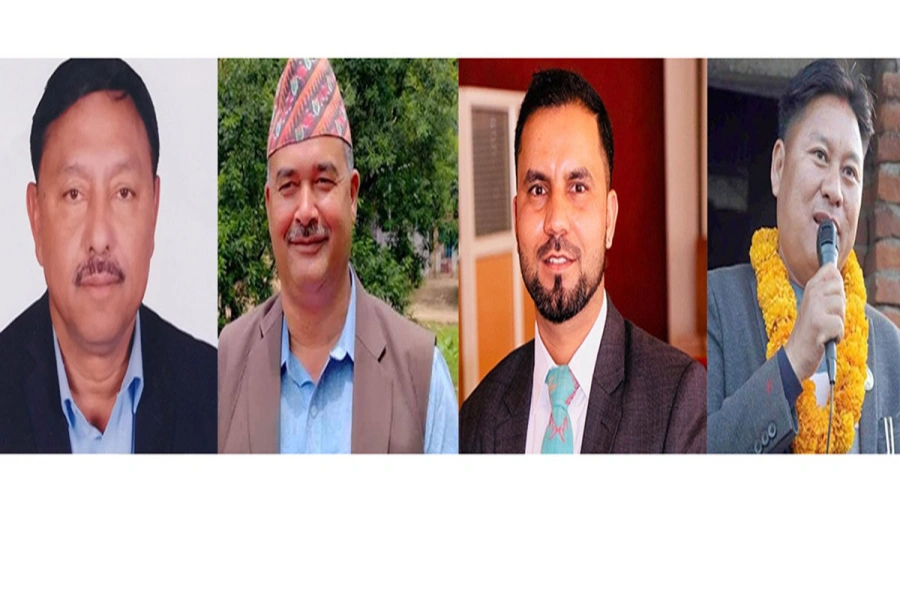Life is an unpredictable amalgamation of ups and downs. Everybody has to go through unfavorable situations in their life. But some cannot cope up the situation and keep piling up their stress levels. This might result in mental disorders like anxiety and depression. These mental disorders are considered major causes that lead to suicide. According to the report prepared by the International Association for Suicides Presentation, suicide is the fifteenth leading cause of death. Globally, more than 800,000 people die due to suicide every year, equating to one suicide every 40 seconds. Research has shown that suicide is the second leading cause of death among youngsters globally and in Nepal. It is the major cause of death among adult females. According to the International Association for Suicide Prevention, 90 percent of suicides are associated with depression.
As per the report prepared by Nepal police for the Fiscal Year (FY 2073-74), out of total 5346 suicide cases reported that year, 2854 (53.386%) of people were males. However, the suicide attempt rate is much higher in female than males. Though suicide is a serious public health problem, we are not able to improve the situation due to lack of awareness among the public. Speaking on the Oddity, Professor Dr Saroj Ojha, a leading psychiatrist of Nepal informed, “Suicide rate is comparatively high among youngsters. Especially, people who make statements like ‘I am exhausted, I don’t want to live anymore’ and ‘nothing feels better, I would like to erase my existence’ might be seriously planning for suicide. And if such statements are made frequently then it must be taken seriously.”
Mass awareness stressed to prevent suicide

Suicide is not like any other health problems, where physical problems can be seen. However, some facts are seen to be deeply associated with suicide; such as break up, poverty, and conflicts. On the other hand, unplanned suicides are the result of trauma. People who are planning for suicides show several signs. Dr Ojha further clarified, “If any signs of suicides are seen, parents should take them seriously. Instead of considering them as attention seekers, they should rather be taken for professional help.”
Some suicidal signs are:
- Talking about suicides
- Avoiding social interactions
- Completing financial transactions
- Increase in consumption of alcohol and drugs
- Searching for and collecting suicide materials
- Self-harming
- Lack of sleep or oversleeping
- Panicking and feeling worthless, or hopeless
- Sharing suicidal thoughts with close friends and social media
Despite being a serious health problem, several myths are associated with suicides. In conversation with My City, Dr Ojha debunked five such myths. To know more click on the video above:





































